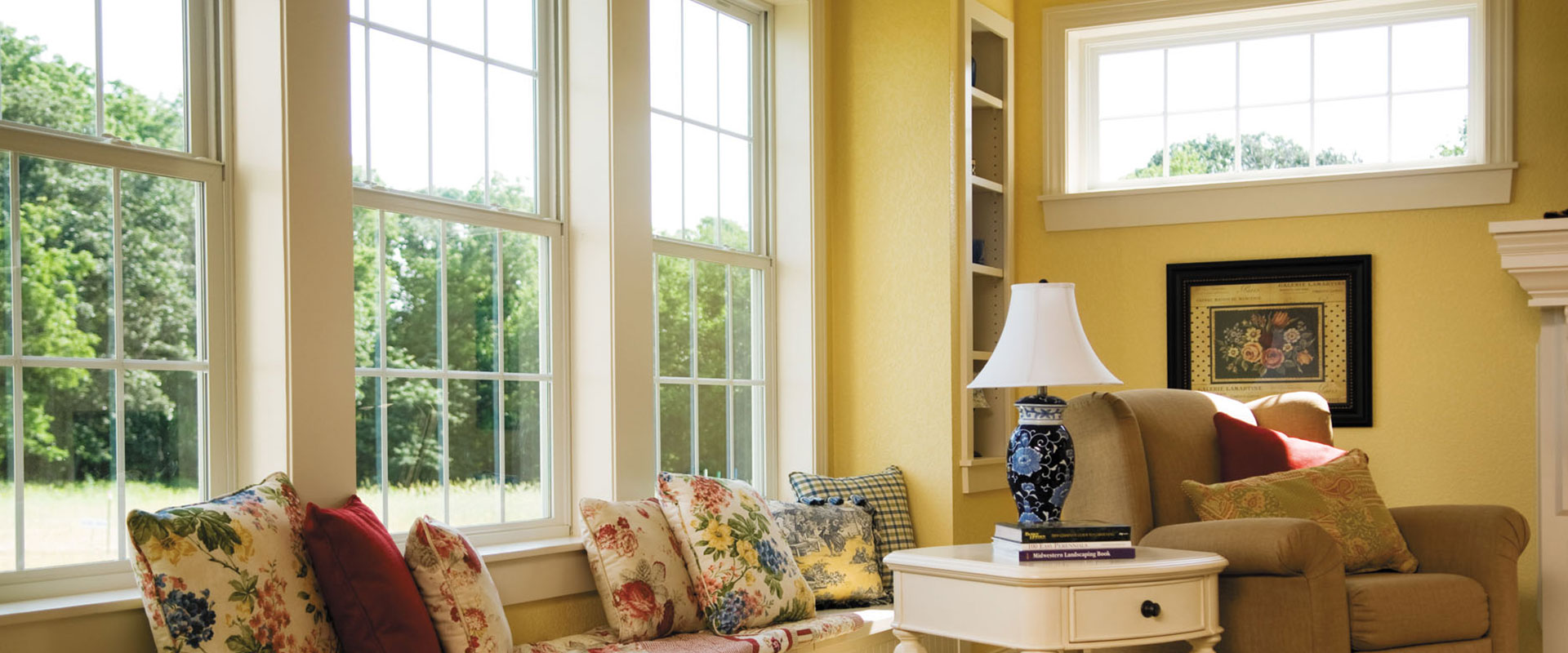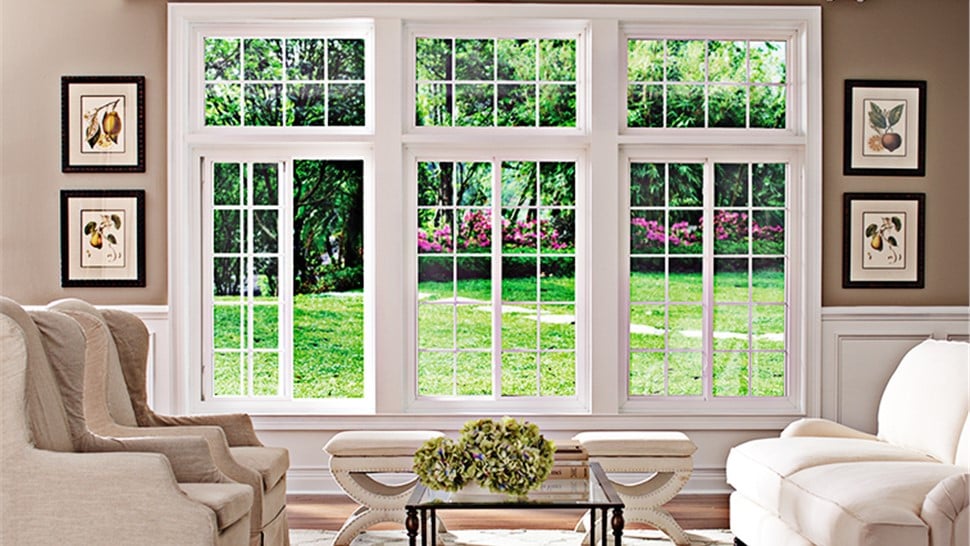Upgrade Your Home With Energy-Efficient Home Window Replacements
In the realm of home improvement, the choice to update to energy-efficient window substitutes can significantly affect both the functionality and looks of a residence (window replacement). As house owners look for ways to improve the effectiveness and sustainability of their space, the choice of windows plays a crucial role in achieving these goals. Past the surface area degree of mere aesthetic appeals, energy-efficient home windows supply a multitude of benefits that exceed simple aesthetic allure. With a mindful selection process that thinks about different aspects, from glass kinds to installation methods, embarking on this home upgrade journey can show to be a transformative venture.
Benefits of Energy-Efficient Windows

The setup of energy-efficient home windows offers significant savings on utility costs while enhancing environmental sustainability. Additionally, energy-efficient home windows can help control dampness levels within the home, decreasing the threat of mold and mildew growth.
Beyond the financial benefits, energy-efficient home windows add to ecological sustainability by decreasing carbon exhausts connected with power production. In general, investing in energy-efficient windows not only boosts the convenience and effectiveness of a home however likewise aligns with environmentally conscious practices.
Kinds Of Energy-Efficient Glass
Different innovative types of energy-efficient glass offer special residential properties that provide to different requirements and choices in boosting the sustainability and efficiency of buildings. Triple-pane glass, consisting of 3 layers of glass with shielding gas between them, offers improved thermal insulation, making it very energy-efficient. Additionally, self-cleaning glass with a special finish that damages down and loosens up dirt when exposed to sunlight can minimize upkeep needs and keep windows looking tidy.
Variables to Consider When Choosing
When considering energy-efficient window replacements, it is essential to very carefully analyze details variables that align with your sustainability objectives and desired energy savings. One crucial factor to consider is the window's energy performance rankings, such as the U-factor and Solar Warmth Gain Coefficient (SHGC) The U-factor actions just how well the home window protects, with lower numbers suggesting better insulation, while the SHGC indicates the window's ability to obstruct warmth from sunshine. Furthermore, the window frame material plays a significant duty in power effectiveness. Materials like fiberglass, vinyl, or timber with thermal breaks are superb selections for minimizing heat transfer. Another essential factor to consider is the window style and alignment worrying sunlight direct exposure. Selecting the right window design and strategically placing them can make best use of natural light while decreasing warm gain or loss. Finally, setup quality is vital to making certain the windows carry out as intended. Correct setup helps protect like it against air leakage, ensuring ideal energy performance. By thoroughly evaluating these aspects, you can select energy-efficient home windows that improve convenience, decrease power costs, and profit the environment.
Installation and Maintenance Tips

Normal upkeep is crucial to protecting the efficiency of your energy-efficient windows. Inspect the home windows occasionally for any type of signs of damage, sealer, or wear wear and tear. Clean the structures, tracks, and glass consistently making use of moderate soap and water to remove dust and grime that can influence performance. Check the weather-stripping and seals for any kind of rips or spaces and replace them if required to maintain the home windows' energy efficiency.
On top of that, lubricate relocating parts such as locks and hinges to make sure smooth operation. By complying with these installment and maintenance ideas, you can enhance the energy performance of your home and prolong the life-span of your energy-efficient windows.
Cost-Benefit Analysis of Upgrading

Energy-efficient windows are designed to decrease warm transfer, decreasing the need for home heating and cooling down systems to work overtime. This can result in substantial financial savings on energy bills, specifically in regions with extreme temperature levels. Furthermore, energy-efficient windows can boost the general value of your home, making it more eye-catching to prospective buyers if you determine to offer in the future.
When calculating the cost-benefit analysis, consider the possible cost savings on energy costs, any type of available motivations or refunds, and the life-span of the windows. While the initial expense may be greater, the long-term financial savings and benefits of energy-efficient windows make them a clever investment for home owners wanting to improve their click this site building's energy performance and value.

Verdict
In conclusion, upgrading to energy-efficient window replacements uses many advantages such as lowered power consumption, increased comfort, and cost savings. By selecting the appropriate type of energy-efficient glass and taking into consideration factors like framework product and setup, home owners can make best use of the performance of their home windows.
When pondering energy-efficient home window substitutes, it is critical to meticulously analyze details variables that straighten with your sustainability goals and preferred energy savings. The U-factor measures just how well the home window protects, with lower numbers indicating far address better insulation, while the SHGC shows the window's ability to obstruct warmth from sunlight. By thoroughly evaluating these variables, you can pick energy-efficient windows that enhance convenience, decrease energy prices, and benefit the environment.
While energy-efficient home windows may have a higher ahead of time expense contrasted to standard windows, the long-term advantages typically outweigh the first investment.In verdict, upgrading to energy-efficient home window substitutes offers countless benefits such as lowered energy consumption, boosted comfort, and expense savings.